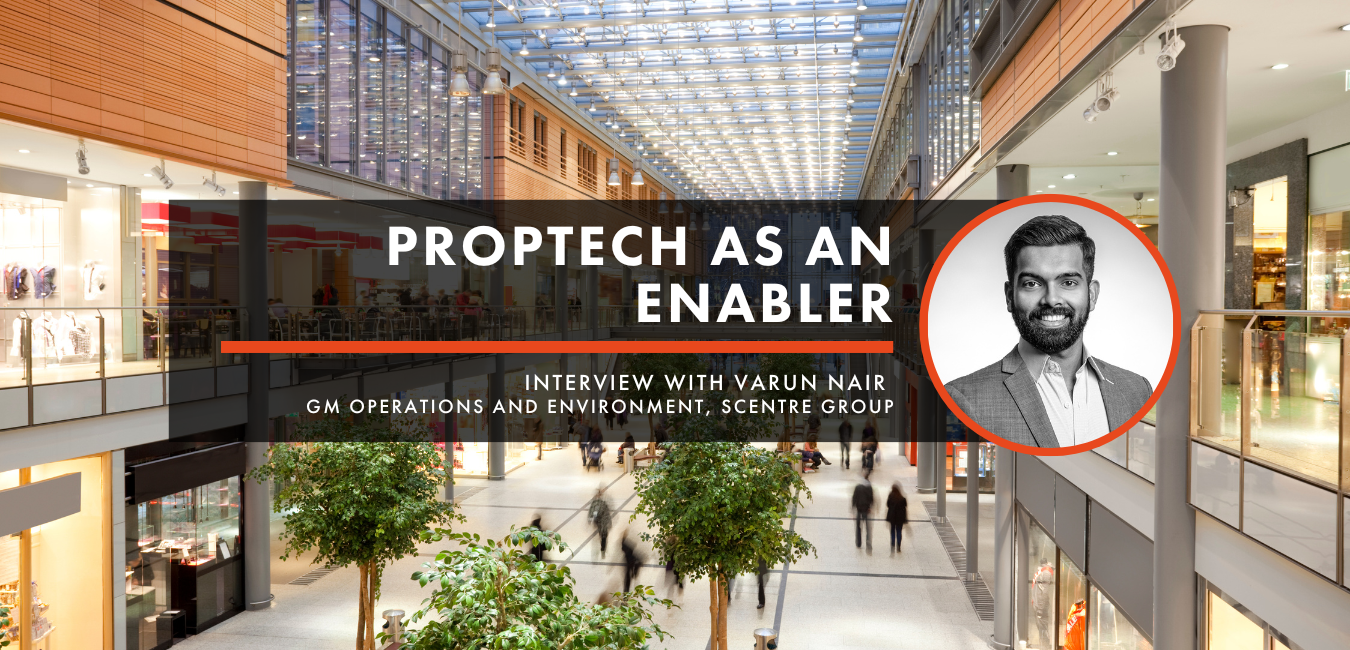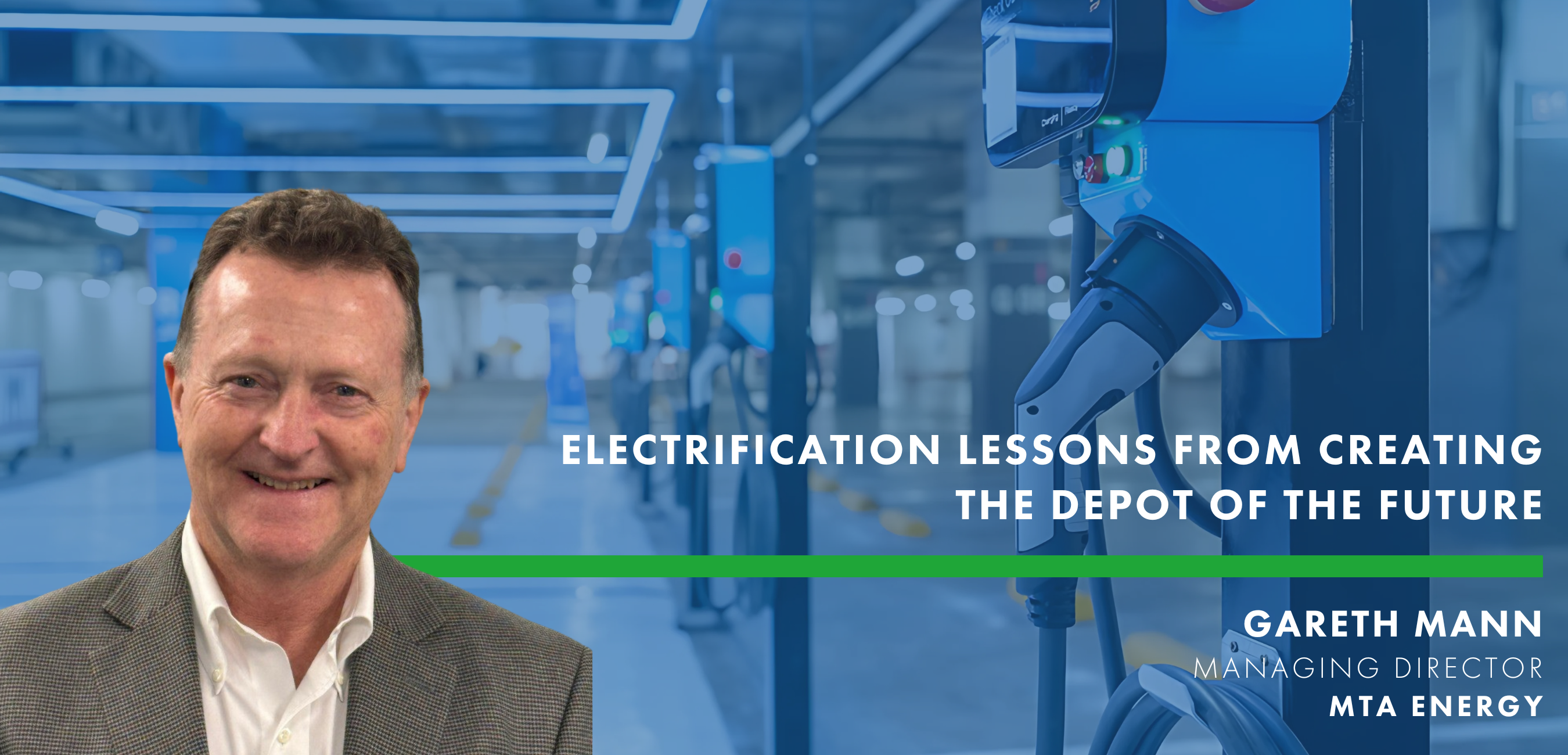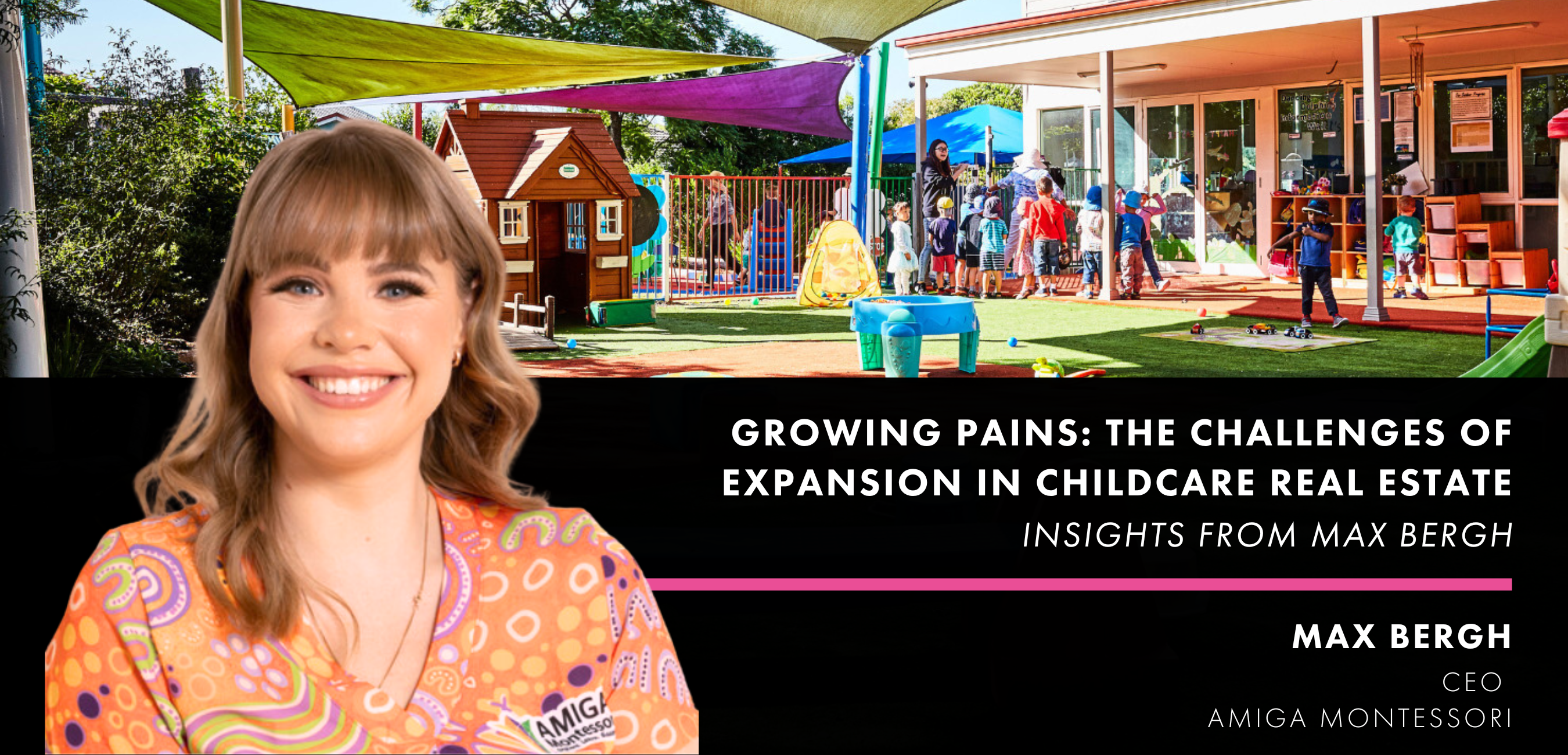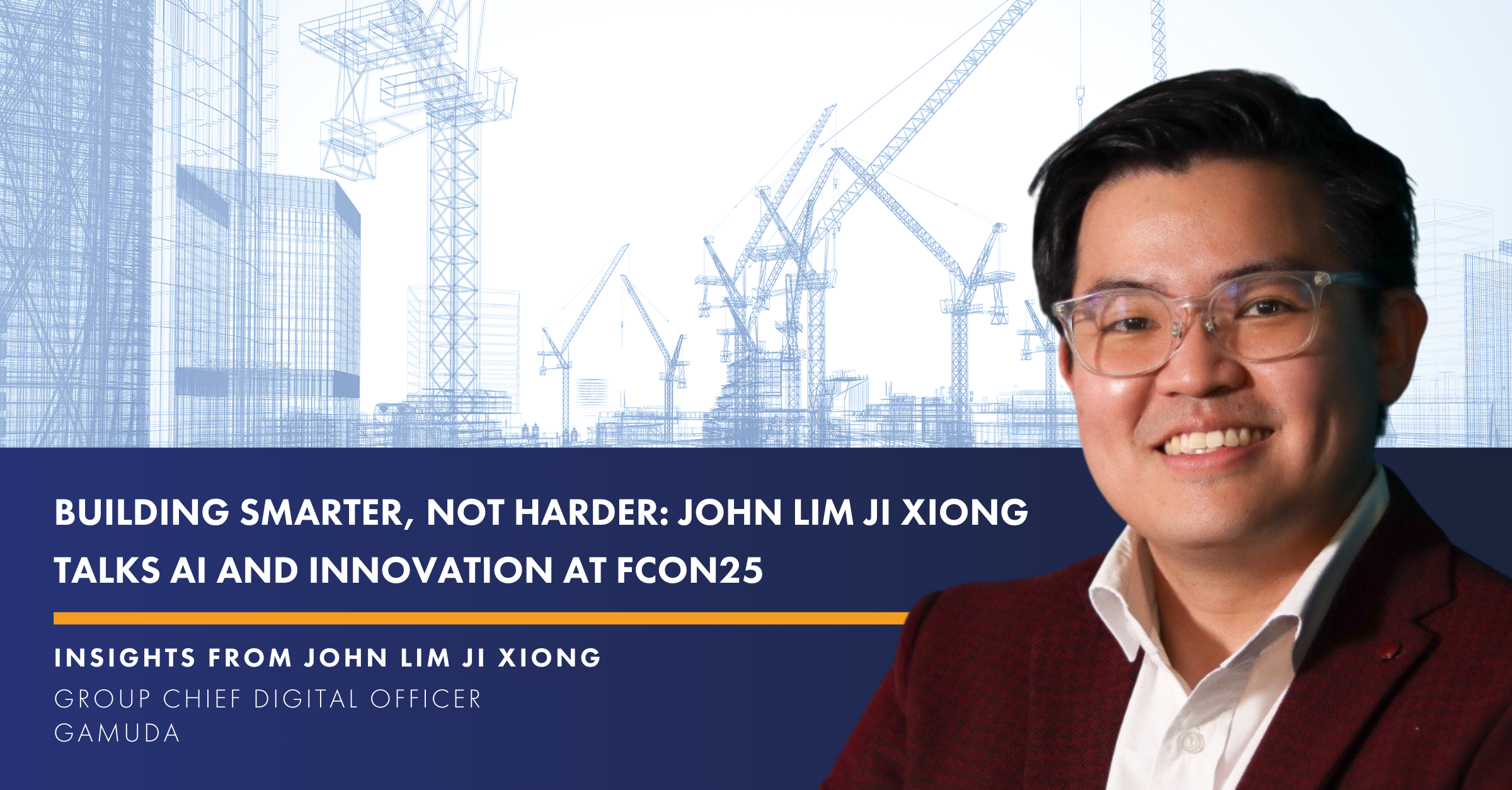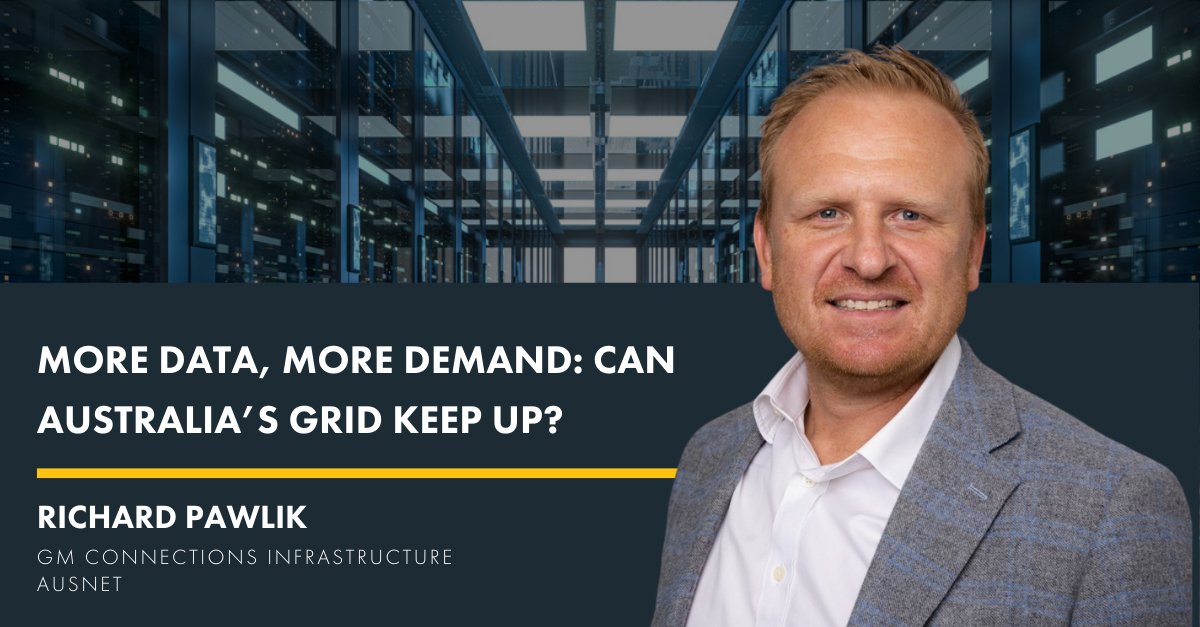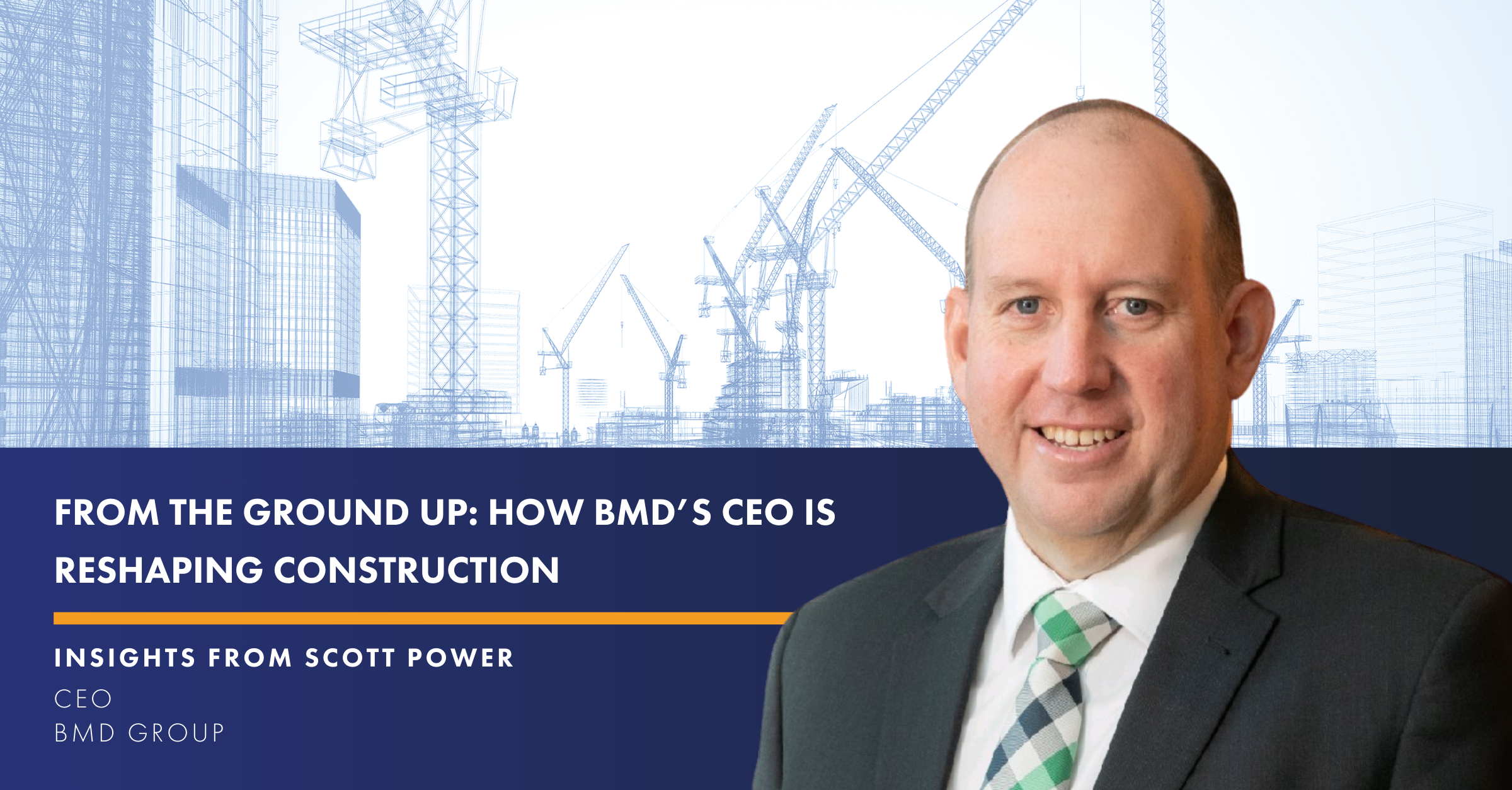PropTech as an Enabler.
Varun Nair is the General Manager of Operations and Environment at Scentre Group, the owner and operator of Westfield in Australia and New Zealand. He currently leads a diverse team who provide safe, comfortable environments and deliver amazing customer experiences across 42 Westfield Living Centres in Australia and New Zealand. A tech-driven engineer by background, Varun’s career experience also includes overseeing the engineering design and construction of many major development projects. We had the opportunity to chat about emerging technologies in the property sector in late 2022.
FuturePlace: Can you describe your role with Scentre Group?
Varun Nair: As GM of Operations and Environment I lead facilities management, environmental sustainability and operational support functions (such as procurement and contracts management, customer experience project delivery and asset systems) which together ultimately enable our centres to be extraordinary places which connect and enrich communities.
At Scentre Group, we have in-house facilities managers and management teams across our centres, which we refer to as “living destinations.” Our centres are no longer just places for people to ‘shop’; instead we are consciously and constantly changing and evolving our destinations to offer a range of experiences like dining, entertainment and services, so they become places where people choose to visit, more often and stay for longer. A key part of my role is to work across our vertically integrated business to ensure we develop, design, build, lease, operate and manage our destinations to achieve this goal.
FP: You started your career as an electrical engineer, are there any insights you gleaned from that experience that better prepared you for the role you’re in now?
VN: As an engineer, we were trained in solving problems with critical thinking, validating and testing assumptions and relying on data to measure success and refine our approach. Whilst I have not done any electrical engineering for some time, the mindset of taking the time to accurately define the problem, test assumptions/data before making key decisions continues to be very useful!
Having previously overseen the engineering team working in Design and Construction, I am also able to support our operational and environment teams understand the whole asset lifecycle, to ensure the decisions we make are for the long-term success of our centres, our customers and our business.
FP: How has your leadership enhanced Scentre Group’s operational efficiencies?
VN: Operational efficiency is an outcome of investment in people, process and systems and it is not mutually exclusive to creating exceptional customer experiences. The two main themes I’ve focused on are empowerment for our teams, and investment in technology and infrastructure that drives efficiency, yet aligns with our responsible business objectives across the four key pillars of People, Community, Environmental and Economic Performance.
An example from the people leadership side is how we’ve worked to change our sourcing practices – recruiting people with non-traditional FM capabilities and invested in training and developing enterprise leaders. We’ve also developed a regional management structure and created of centralised support teams like a dedicated National Operations function (called the Next-Gen Living Centre team) to focus on energy management, centrally manage procurement and contracts and also look after asset systems.
On the technology side, its our investment in technology and infrastructure that actually enables our central support teams to better support centre-based teams with the right technical knowledge at the right time. Ultimately this helps everyone make better decisions, prioritise key deliverables and drive action, as well as drive a level of consistency across our portfolio.
FP: Is there an initiative within Scentre Group that you’re particularly proud of?
VN: We have a program that I lead in 2016 and now sponsor called “Next-Gen Living Centres,” the purpose of this initiative is to ensure our centres are safe, comfortable, and operationally efficient through being digitally connected and adaptable for our customers, business partners and our teams. The Next-Gen team is tasked with reviewing key datasets from building management systems, energy analytics platforms as well as customer feedback, to help drive energy reduction initiatives which have contributed to achieving over 30% reduction in our energy usage from 2014. The program is now focussing on other key operational metrics to drive improvements in how we manage our water, waste and vertical transport (we manage over 1250 escalators, lifts and moving walkways across our portfolio).
FP: Are there any PropTech initiatives that bolster Scentre Group’s Responsible Business commitments?
VN: In addition to environmental sustainability and the PropTech that supports our Next-Gen initiative (energy analytics platforms), we are also looking at how technology can help us achieve our key objectives around sustainable procurement, minimise modern slavery risk, and contribute to initiatives in our Reconciliation Action Plan as well as our enterprise Diversity, Equity & Inclusion objectives.
For me though, it is always broader than the technology – it is around partnering with organisations that understand the opportunities in our industry and being able to tailor their product and service to how our business operates and deliver tangible long-term value. PropTech itself is usually only the enabler. For example, how we identify and measure opportunities in our supply chain to better manage modern slavery risks, engage with indigenous owned businesses, measure and track performance of contractors in real time in key areas.
FP: Speaking of PropTech, is there an emerging technology that’s piquing your interest at the moment?
VN: One area I am excited about is using technology to analyse and measure people and traffic flow in our centres. We have traditionally used this information combined with NPS (Net Promoter Scores) to provide better customer experiences for the next day, week or month – but there is a lag.
Recently, we’ve been looking at audience measurement and how we might adapt that to improve customer experiences in real-time and change day-to-day decision making. For example, how might we be able to clean bathrooms on demand, respond to spills quicker, avoid congestion in carparks by directing cars more efficiently – and countless others. The insights can also be used to supports long term decision making around capital investment – for example what are lift wait times; how many prams and trolleys are using our lifts – and therefore, where might we need to install new ones. There is a long way to go with this technology but the models are becoming more accurate (utilising Machine Learning and AI). The real success and adoption will be when it can be seamlessly integrated into management and operational processes to guarantee action and outcomes.
FP: Is there a form of PropTech that you feel is overrated? Or at least, isn’t being utilized correctly?
VN: If I start with the positives, I have seen a lot more operational technology recently that is more user-centric catering to non-technical operational teams which is a reflection on whole the industry as a whole shifting and changing. The same can be said for how PropTech is now geared towards driving action from insights, not just providing a dashboard.
There’s still opportunity when it comes to more software platforms and technology solutions being designed to achieve that same outcome.
For PropTech to close this gap, strong business partnering, operational experience and user-centric systems are needed, as well as in some cases re-engineering the legacy processes and systems in place.
FP: As experienced as you are on the design and construction side of the built environment, have you seen any changes to placemaking that were a direct result of the COVID-19 pandemic?
VN: I would say there was a transition more broadly before the pandemic around expectations of people from the built environment around them – to be safer and more comfortable, providing tailored experiences and of course following the trend of people spending more time online, better integrating the digital and physical environments. The pandemic may have made us more selective in terms of where and how we spend our time whether it is at a workplace, office or shopping centre. As a business our strategy has shifted from measuring retail sales and how much people spend, to how many people come, how often and how long they stay. This has meant that we’re not just competing with other shopping centres but with places where people spend time, destinations where they have had amazing customer experiences including hotels, airports, resorts, public venues, beaches, museums, their local park, farmer’s markets, sporting arenas and a host of others. How we design and build our centres has evolved accordingly and it also shapes how we develop, lease, operate and manage our centres as well.
FP: What do you predict will be the next evolutionary stage of building technology?
VN: For me building technology is enabling the evolution of the built environment and people’s expectations of where they spend their time. Building technology will continue to evolve to enable operational teams at our assets to spend less time gathering and analysing data for decision-making and more time actually creating amazing, tailored experiences for our customers and audiences. Ultimately, building technology can help us be much more customer focused, responsive and adaptive.
Malls of the Future Summit
Varun will be speaking at the Malls of the Future Summit, taking place on 1st March 2023. It will explore the factors driving investment in innovative new-build and redeveloped shopping precincts that are going beyond the norm to offer a more personalised and sensory customer experience that creates reasons for local communities to visit, stay longer, feel connected and return time and time again.

